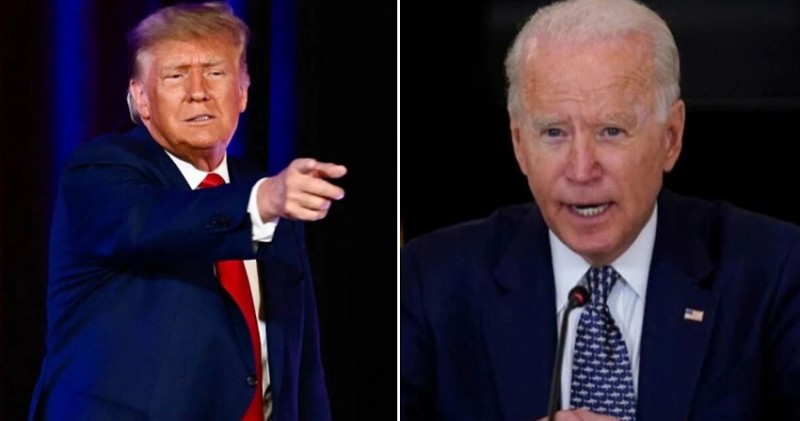
President Joe Biden has called on Republican leaders in Congress to reconsider a bipartisan immigration proposal that was blocked by Donald Trump. In calls made on Monday, Biden spoke with Speaker Mike Johnson and Minority Leader Mitch McConnell, emphasizing the need for swift action on the bipartisan border legislation.
The White House reported on Monday night that Biden urged congressional Republicans to move past political games and approve the legislation. This measure aims to increase the number of Border Patrol agents, invest in technology to combat drug trafficking, particularly fentanyl, and strengthen border security.
Senate Majority Leader Chuck Schumer also announced that the compromise legislation would be reintroduced, more than three months after it was initially rejected by Johnson.
Despite significant challenges, including Trump's continued opposition and Johnson's slim majority in the House, Democrats are eager to address immigration and the US-Mexico border crisis, presenting Republicans as hindering progress on the issue.
The bill, introduced in February, proposes to reduce illegal border crossings, tighten asylum applications, expedite deportations of undocumented migrants, and expand visas for legal immigration. It received support from both Schumer and McConnell and was endorsed by the US Chamber of Commerce.
However, Trump strongly criticized the deal, calling it "a great gift for Democrats and a Death Wish for The Republican Party" on social media. Despite this, Biden has also pursued administrative actions to demonstrate a tougher stance on migration.
Last week, the Homeland Security and Justice Departments announced plans to speed up asylum reviews, preventing migrants from waiting in the US for years during their claims. If legislative efforts fail, Biden is considering broader executive actions aimed at curbing illegal migration.
How UK Visa Review Expected to Affect Indian Students Heading to the UK
Japan Expresses Disappointment Over Biden's "Xenophobia" Remark
China Reacts Strongly to US Tariff Increase: Bilateral Cooperation at Risk